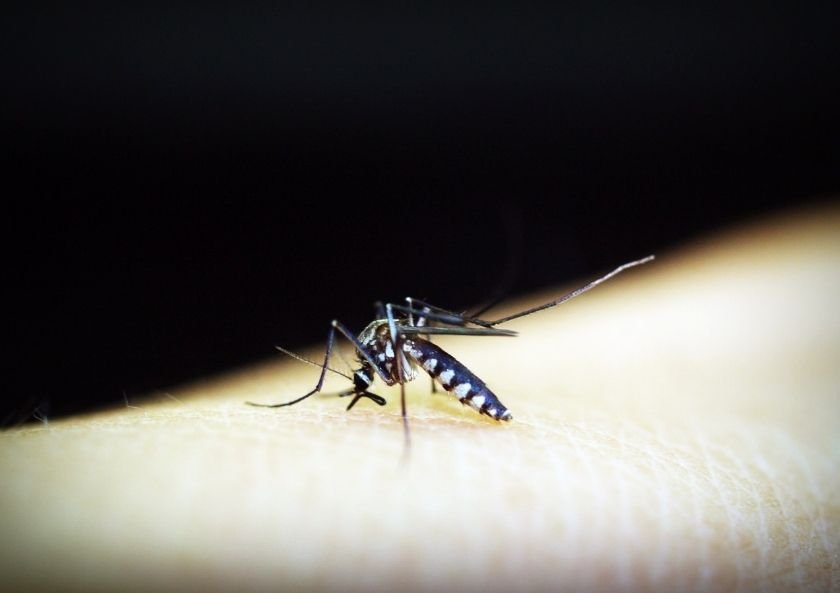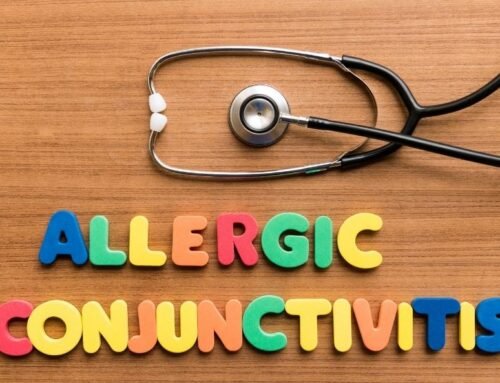Mosquitoes are annoying insects commonly found in the summer, whose bites cause allergic reactions. Mosquito allergy can manifest as small or large local reactions or even systemic reactions.
There are more than thirty proteins in the spit of mosquitoes, many of which are allergic. With the sting of the mosquito, the body’s immune system has an allergic reaction to these proteins and swelling occurs where the fly stings.
What kind of reactions are seen in mosquito bites?
As a result of the mosquito bite, a red swelling of 2-10 mm in size occurs in a short time. In the next 24-36 hours, the number of itchy bumps of similar size increases and decreases within a few days. In some people, local reactions, usually larger than 3 cm, may occur shortly after the mosquito bite. After the reactions formed, fluid retention can occur after a while. In some people, fever may occur with this great local reaction. These children are healthy children without any other disease. Large local reactions usually heal within 3-10 days. Some children rarely develop systemic allergic reactions such as acute widespread urticaria, serum sickness, and allergic shock (anaphylaxis).
In which children is the risk of systemic allergic reactions higher?
Young children are at higher risk of developing systemic reactions because they are not immune. In addition, children with congenital or subsequent immune disorders and mastocytosis are also at higher risk.
How is the diagnosis made in mosquito allergy?
For the diagnosis of mosquito allergy, a detailed history and examination should be done first. In patients with large local or systemic allergic reactions, mosquito allergy can be diagnosed with allergy tests made from blood or skin. In patients with large local or systemic allergic reactions, mosquito allergy can be diagnosed with allergy tests made from blood or skin. However, the rate of showing allergy in tests made from blood and skin is not high. Therefore, negative result does not mean that there is no mosquito allergy. People who react normally with mosquito bites do not need allergy tests.
Children who develop systemic reactions should also be investigated for immune deficiency.
What should be done in treatment?
The first thing to do in the treatment is to stay away from mosquitoes. In order to prevent bites when exposure to mosquitoes is expected, protective clothing should be worn and mosquito repellent drugs should be used. These drugs can be used in children older than 2 months. At night, it is useful to make a mosquito net on the child’s bed to protect it from sleep. Spraying to mosquito net increases the protective effect. In addition, children who are known to react against mosquito bites may be given antihistamines for a while as a preservative.
If the reaction is caused by the bite of the mosquito, drugs containing antihistamines should be given orally, and cortisone creams should be applied to the area with swelling and redness for 5-10 days. In systemic reactions, cortisone should be given orally for 5-7 days. In large local reactions with fever, antipyretic drugs should be given.
Although there are studies on vaccine treatment for mosquito allergies, its benefit has not been proven.
Will mosquito allergy improve over time?
In children who gets more sensitive and more reaction over time after 5 years old with the loss of sensitivity, large reactions also improve at the same time.
As a result;
- Allergy to mosquito bites is common in the summer.
- Some of these children have major local or systemic reactions.
- In some underlying disease states, the risk of systemic reactions increases even more.
- The diagnosis is made by history and examination, and is supported by allergy tests made from the skin and blood.
- In the treatment, mosquitoes should be avoided and protective measures should be taken.
- In cases where the reaction develops, drugs containing antihistamine and cortisone should be used depending on their severity.






